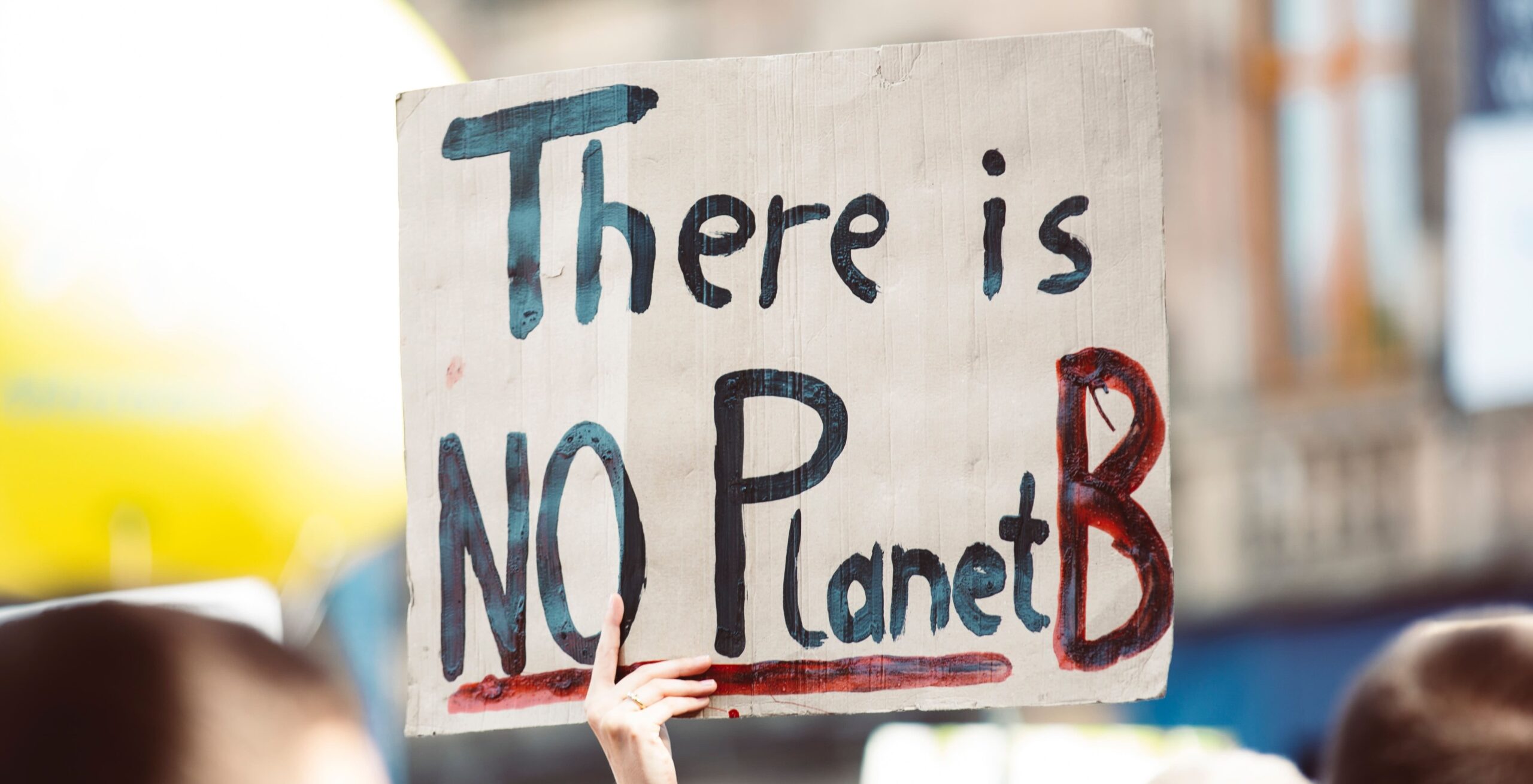The effects of climate change: extreme events and increasingly difficult living conditions
“All types of evidence undoubtedly show that climate change is a real threat to people’s lives, wherever they live.”
Sameh Shoukry¸ COP27 President
Climate change affects disproportionally territories and nations, according to their geophysical characteristics. It is known that insular states would suffer more from the looming sea level rise. Also, the temperature increase is leading to the diffusion of extreme weather events, as testified by the 2021 flood of the Rhein, the cycle of floods in Pakistan and the unprecedented heat registered in Europe in 2022 summer. Also, global warming will produce desertification, ocean acidification, and drought. Generally speaking, some territories that are highly inhabited risk becoming inhospitable, due to the processes illustrated above.
For these reasons, it is necessary to act quickly: the Sharm El-Sheik COP27 designed objective is the ‘implementation’ of the Glasgow (2021) and Katowice (2018) agreement, to proceed further towards “a future world in which we can live without this existential threat”, as stated by the COP27 President.
It’s time for implementation
“Paris gave us the agreement, Katowice and Glasgow gave us the plan; Sharm El-Sheik shifts us to implementation. […] The heart of implementation is that everyone does everything possible to tackle the climate crisis.”
Simon Stiell, Executive Secretary of UNFCCC
As implementation is the core theme and main goal of COP27, it is key to understand what implementation means. According to Simon Stiell, a new direction is required, where outcomes from the formal and informal process truly begin to come together to drive greater climate progress — and accountability for that progress. there are three critical lines of action for this UN Climate Summit. First, it is necessary to put negotiations into concrete actions, aligning every human activity with the Paris commitment. Second, it is key to cement progress on the critical workstreams of mitigation, adaptation, finance and loss and damage, while stepping up finance notably to tackle the impacts of climate change. Third, enhancing the delivery of the principles of transparency and accountability throughout the UN Climate Change process.
The loss and damage principle
“[…] we must cement progress on these critical work-streams: mitigation, adaptation, finance and crucially, loss and damage. We need to enable finance to flow to address impacts.”
Simon Stiell, Executive Secretary of UNFCCC
Another theme that embraces the whole works of COP27 is the definition of concrete compensation strategies. Those strategies typically concretize in funds that richer countries give to poorer ones affected by environmental calamity. The loss and damage principle represents a significant innovation in climate cooperation, as it defines the who of climate-related damages: who is responsible for loss and damage? Who will then pay for then?
The loss and damage recognition should hypothetically make it possible to put in place significant financial flows from richer to poorer countries: right now, however, such compensatory mechanisms are not yet institutionalised, and it is unknown which form they will take. Accordingly, Simon Stiell’s speech is oriented to raise the issue of possible pathways through which finance deals with the mitigation of climate change, in defining the way to address compensatory issues. It will then be interesting to see what will emerge from COP27 in these terms, as the issue is becoming more and more relevant.



Follow us on: